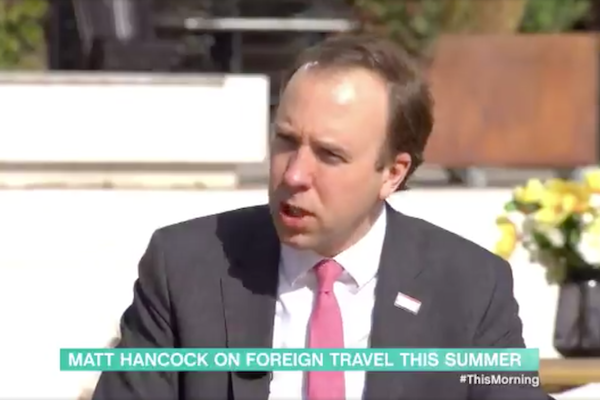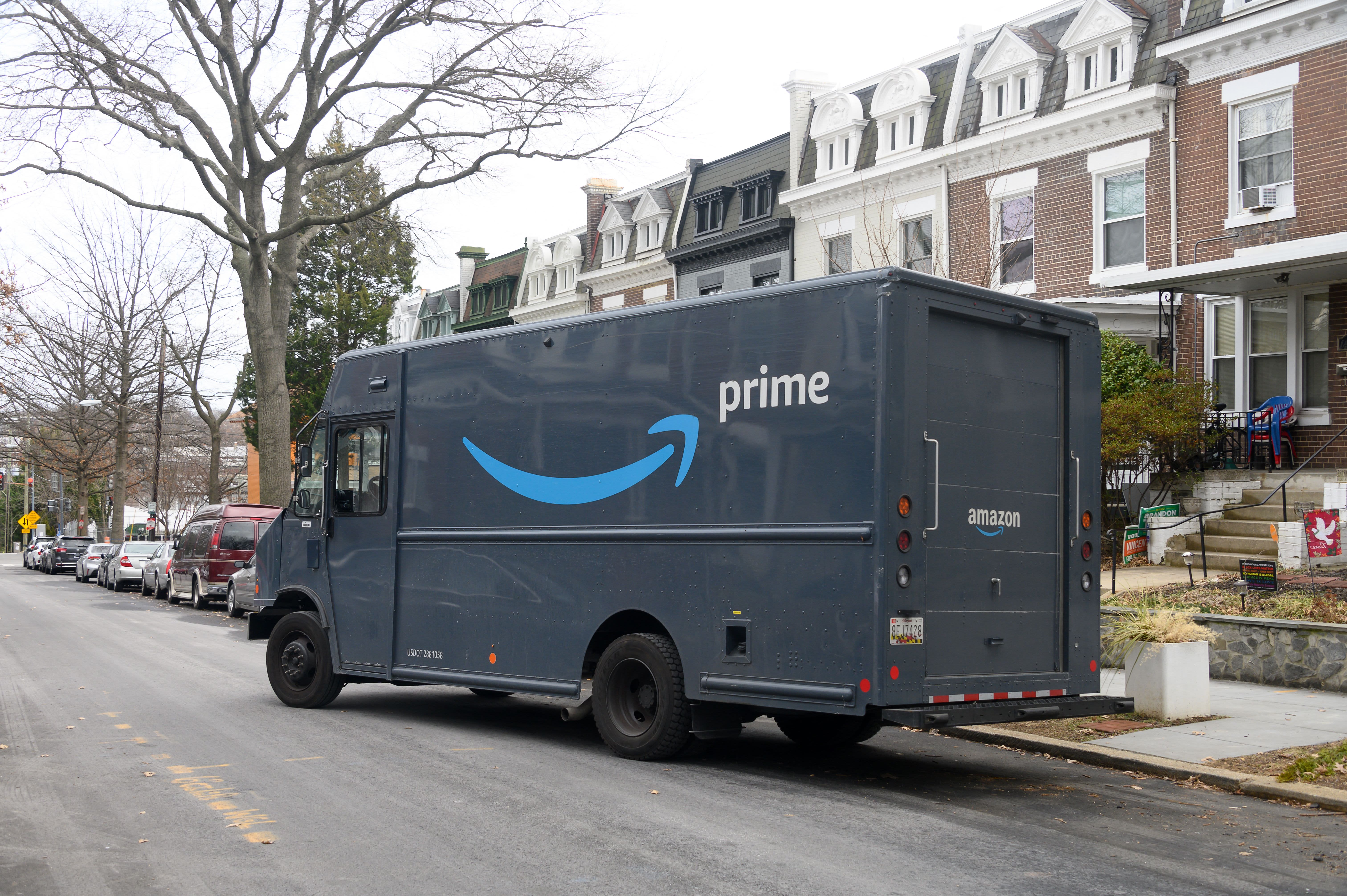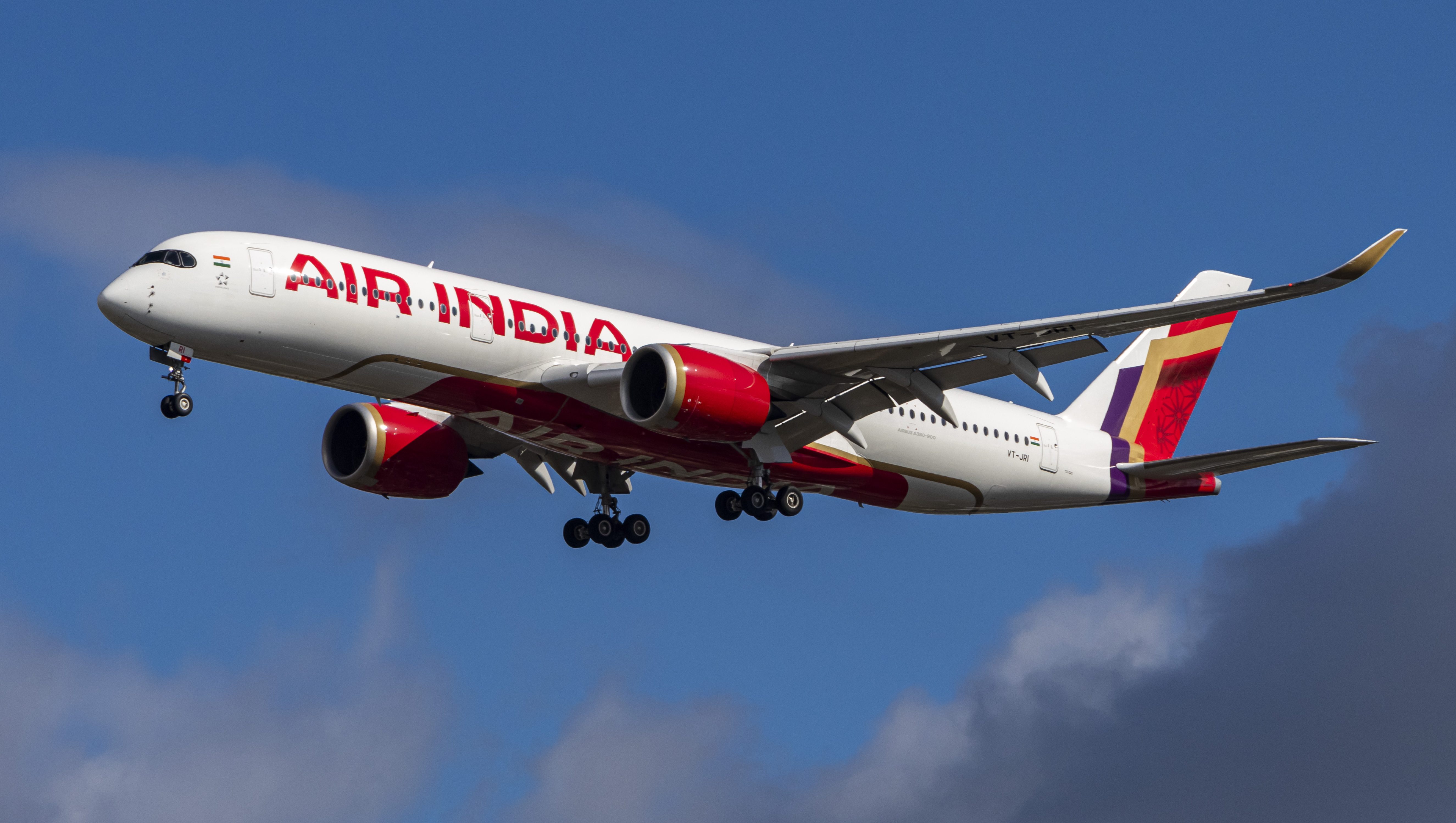Comment: Hancock has travel on hold
What happened to ‘a gradual opening up’, asks Ian Taylor


What happened to ‘a gradual opening up, asks Ian Taylor
The government’s decision to remove Portugal from the green list of destinations open for quarantine-free travel was a shock. It was also shocking.
What happened to the pledge of “a gradual opening up”? When the initial green list was announced in May transport secretary Grant Shapps promised: “This is just the first step. Every three weeks we’ll be reviewing how we expand the green list.”
What became of the green watch list promised by the Global Travel Taskforce “to support travellers identify countries at risk of moving from green to amber”.
What happened to following the science? It appears from “a ministerial source” quoted by the Sunday Times at the weekend that the Joint Biosecurity Centre (JBC) of scientists advised the government last week that Malta “and a list of other islands” could join the green list.
The government can point to the fact that the taskforce report warned: “There is a continuing risk of disappointment. The government is prepared to put the emergency brakes on reopening international travel. We cannot rule out future restrictions.”
But the decision was clearly political. The reopening of travel has been sacrificed to the priority of lifting domestic restrictions from June 21.
The final phase of the government roadmap for removing restrictions is clearly in jeopardy. The business newspaper the Financial Times reported at the weekend: “Civil servants are working on contingency plans to delay a planned June 21 easing of lockdown.”
It quoted an unnamed senior civil servant saying: “A variety of options are being drawn up including a delay to step four and trading off some measures against others.”
A second Whitehall source said: “Irreversibility is key. The prime minister does not want to go backwards.”
So the reversal on international travel was to preserve the irreversibility of the domestic reopening.
June 21 took priority
Shapps delivered the bad news on Thursday via a Department for Transport (DfT) statement and interview with the BBC following copious leaks to the media but no warning to the sector.
There was no early evening briefing beloved by ministers when they have a sombre message to deliver or optimistic news and are comfortable taking questions. This message was just plain difficult and hard to justify.
Shapps noted the June 21 deadline took priority, telling the BBC the government had adopted “a safety-first approach [to] give us the best chance of unlocking domestically. We simply don’t want to take the risk as we come up to June 21.”
He conceded: “I don’t know what that will mean in terms of the summer. The decisive action today is designed to make sure we do a domestic unlock.”
In separate interviews, health secretary Matt Hancock said “We’ve got to protect the progress we’ve made at home” and local government secretary Robert Jenrick suggested the green watch list “remains, if possible . . . to give forward guidance”.
So the watch list still exists – it just may not be used.
Shapps is now the subject of an industry petition demanding his dismissal. The desire to be shot of any or all government figures is only reasonable.
The transport secretary is not popular among travel and aviation industry leaders. But calling for his removal is fairly pointless. Senior cabinet figures will barely be bothered and only too happy to see Shapps take the flak.
In reality, Shapps is almost certainly not the architect of this blow to the sector and suggestions that he should more forcibly represent the industry miss the point that the DfT would have no more clout whoever was at its head in shouting matches with Number 10, the Cabinet Office, the Department of Health and the Home Office.
Indeed, the Sunday Times report suggested Shapps and the Joint Biosecurity Centre recommendations were overruled by Hancock, Cabinet Office minister Michael Gove and home secretary Priti Patel who “killed off” the Malta proposal and argued for Portugal to go on the amber list.
A “source close to” Shapps – typical media speak for the politician him or herself – denied there had been a bust up. But a ‘ministerial source’, possibly the same one, told the Sunday Times: “It was a heated row. Ministers were bounced into this at the last minute.
“The JBC said Portugal was borderline. There were clear reasons to put Malta on the green list but the recommendation from the Department of Health was it should not happen.
“Hancock doesn’t think anyone should be going abroad on holiday this year.”
Where does this leave travel?
The decision about June 21 will come on June 14. It seems increasingly likely that social distancing and mask wearing will remain in indoor public areas.
This would obviously have a significant impact on workplaces, hospitality, airports etc, including at borders where social distancing requirements mean Border Force desks have fewer staff, increasing waiting times.
Polling suggests a majority of the public support the maintenance of social distancing by a ratio of about two to one so the government risks limited unpopularity for doing this.
Where does that leave travel?
The next three-week review of the green, amber and red lists is due by June 28, which is also the date of the first ‘checkpoint’ or review of the traffic light system.
So these twin reviews will take place in the week of June 21 once the outcome of the domestic reopening is clear. That may allow some destinations on to the green list, depending on what is happening with the Delta variant of the virus.
The G7 meeting in Cornwall this week is expected to give some impetus to restarting international travel, in particular to the US. The roadblock here may be a US reluctance to deal with the UK unilaterally ahead of agreement with the EU.
It is difficult to see any change to the traffic light system itself or the testing and quarantine regime at this point.
The next green list review after that will fall in the week leading up to Monday July 19 – barely in time for most school holidays in England. But any expansion could go some way to salvaging August.
Thereafter, there will be a second review of the traffic light system towards the end of July and another green list review by August 9 – the last one before the August bank holiday.
Time is running out for the sector, making the case for targeted support irrefutable. The government owes it to the industry to act decisively and give whatever guarantees are necessary.
This is a community-moderated forum.
All post are the individual views of the respective commenter and are not the expressed views of Travel Weekly.
By posting your comments you agree to accept our Terms & Conditions.

 Troov
Troov 
































